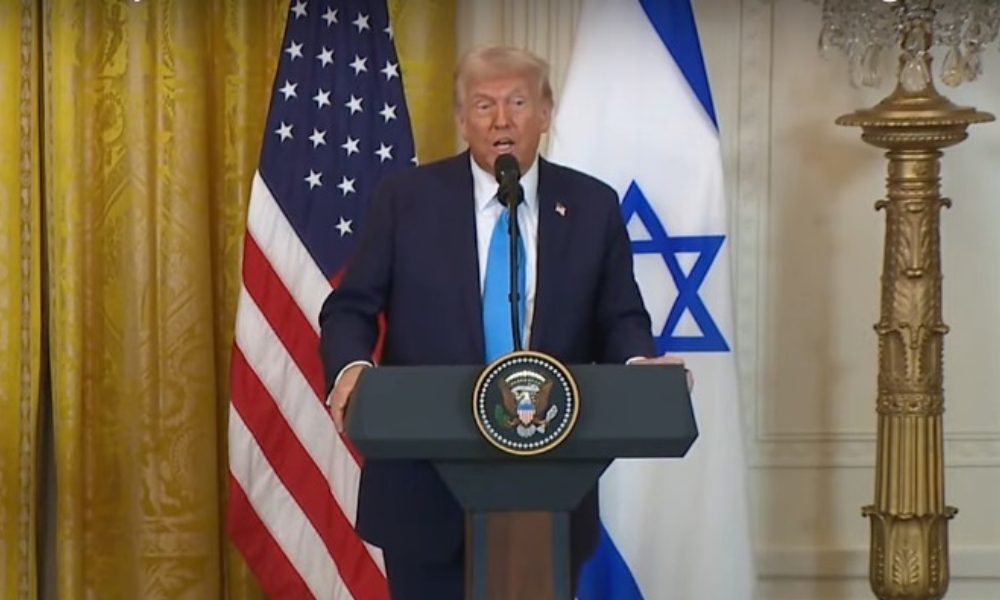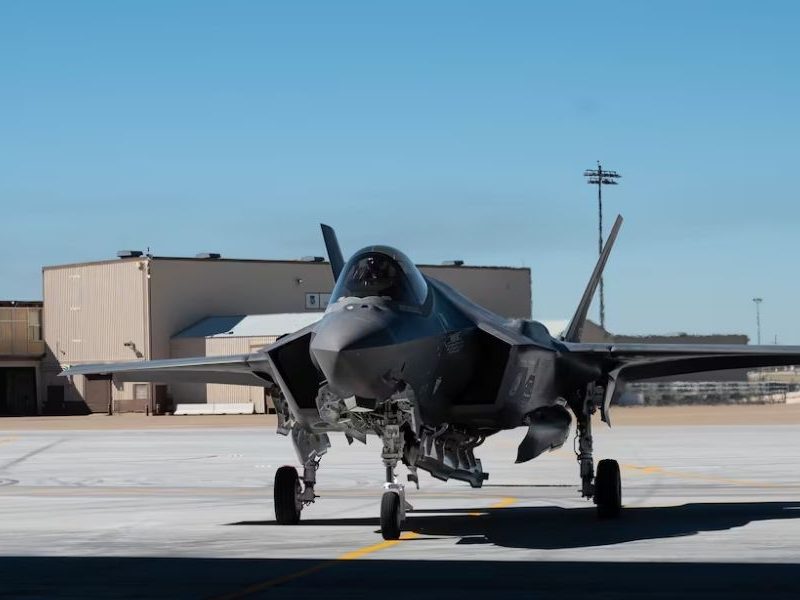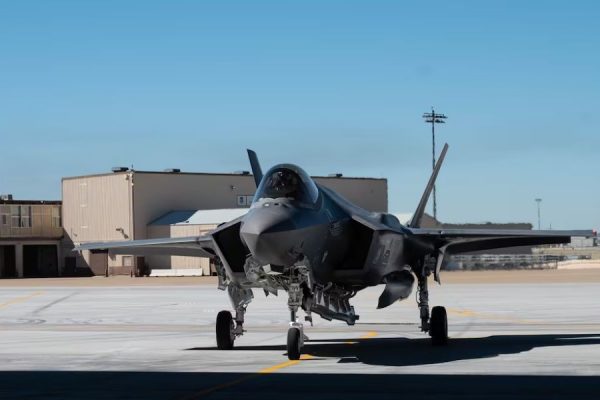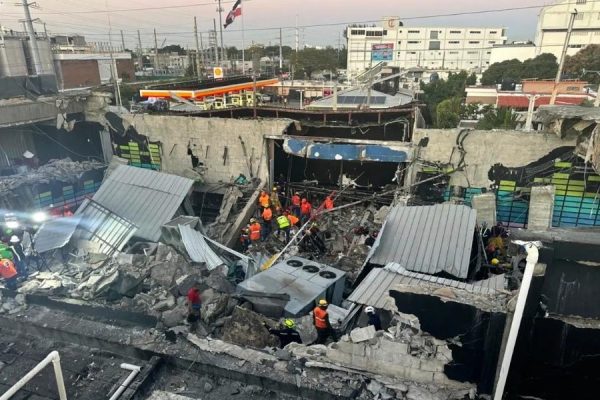WASHINGTON: President Donald Trump stated Friday that there is “no rush to do anything” in Gaza amid ongoing tensions.
He emphasized that the U.S. will not deploy troops but would act as an investor in the region.
“The United States will treat it as a real estate transaction,” Trump told reporters during his remarks.
According to him, Israel would oversee security, and the U.S. would focus only on financial involvement.
Prior Statements
Earlier this week, Trump suggested that the U.S. would “take over” Gaza, sparking widespread criticism.
The comment raised concerns about a major shift in U.S. foreign policy toward the region.
Following backlash, the White House clarified that Trump was referring to “temporary” resettlement plans for Palestinians.
However, his previous statement mentioned plans to relocate people permanently to a different area.
Development Proposal
Trump has suggested transforming Gaza into a “Middle Eastern Riviera” with investment-driven redevelopment.
His vision includes economic projects aimed at stabilizing the region without direct military intervention.
“The fact that we have an investment there would help establish peace,” Trump asserted on Friday.
He reiterated that no U.S. soldiers would be stationed in Gaza under his proposed strategy.
International Reaction
Trump claimed that his idea has been “very well-received” but did not provide specific details or endorsements.
Middle Eastern and European leaders have largely criticized the proposal, expressing doubts about its feasibility.
Foreign policy experts argue that economic investment alone cannot address Gaza’s complex political and humanitarian crisis.
Concerns remain over how security would be managed without U.S. military presence or direct governance.
Stability Concerns
Trump stated that his approach would “bring stability” to Gaza with minimal financial costs for the U.S.
He insisted that security responsibilities would fall entirely on other regional actors, not American forces.
Despite controversy, Trump continues to defend his proposal as a cost-effective solution for peace in Gaza.
However, critics argue that the plan lacks clear execution strategies and long-term sustainability.












